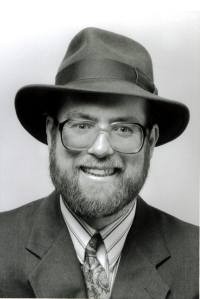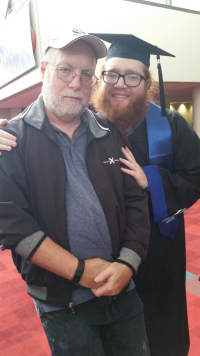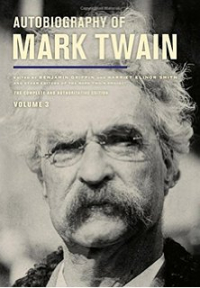
But it doesn’t always help to know what’s coming.
It certainly didn’t in 2000, when my predictions of a dot-com collapse came true, and when I went into a profound October depression, seeing clearly both the Bush election and the horrors that would follow it.
Knowing that the “big shitpile” of bad mortgages would collapse the economy in 2006 did not allow me to escape from its impact in 2008, either. My retirement savings collapsed like everyone else’s.
There have been compensations.
My understanding of how urban centers would be rebuilt, based on what happened in Houston during my years there, caused me to buy a house that is now worth 10 times what I paid for it. My understanding of clouds and devices, based on years of careful study of the technology landscape, allowed me to buy the right stocks in this decade and make for a good retirement.
But there are other easy predictions I can’t do anything about.

Worse is ahead. No one gets out of this life alive. If you’re lucky you go into a long, slow decline, and that has profound economic implications as well as physical and spiritual ones. My friend Martin Bayne has described these things to me for 15 years, from a place in assisted living, due to his early-onset Parkinson’s. I know that, so far, I have been extremely lucky. I also know that my luck is going to run out.
So is yours, by the way.
Knowing that Donald Trump will not be President does not give me pleasure. There remains uncertainty. Margin matters. Coattails matter. If Democrats take back the House and can accomplish their goals that’s one thing. If we just get another 4 years of obstruction Republicans can blame on Democrats, demeaning and degrading our system along the way, that’s another thing. Vote.
My guess, my hope, is that this will indeed be a landslide. Landslides are like political hurricanes. They clear the land, both for the winning party’s program and the losing party’s comeback. This was true in 1964, in 1972, and in 1984, the other three landslides I’ve witnessed in this life. It’s tough for the losing party, to watch the other side go from triumph-to-triumph, but there’s always hubris, there’s always over-reaching, and there’s always the natural exhaustion people get from seeing the same faces in the same places.

I won’t be around to see all of it, not nearly as much as I’d like to. But I see the great men who foretold these things, those that are still around, like Stewart Brand and Tom Peters. I see their continuing hunger to learn new things, to grow intellectually, and I can’t help but be hopeful.

And how about that Internet? Devices, clouds, and now networks of clouds. All the world’s knowledge is there to be found with your fingertips today, through your voice tomorrow. It is a future greater, in its way, than anything even Star Trek predicted. (You mean that only makes phone calls?)
It’s just the beginning. Jim Whitehurst of Red Hat, who came out of Rice 12 years after I did, has it right. Computing is only now delivering standard screws and bolts, it is only now creating the toolkit with which our children and grandchildren will rebuild the future and move out into the solar system.

That’s what is quoted, and those are the words I memorized myself, at age 10, after my father, whom I learned later was himself dyslexic, bought me a 1,300-page collection of Twain’s short stories, sketches, speeches, novellas and musings – everything that wasn’t good for the movies. I read that book, straight through, I damn near memorized it, and it has been my guide in the 50 years since.
But the stranger continued. This is how the story ends:
"It is true, that which I have revealed to you; there is no God, no universe, no human race, no earthly life, no heaven, no hell. It is all a dream–a grotesque and foolish dream. Nothing exists but you. And you are but a thought–a vagrant thought, a useless thought, a homeless thought, wandering forlorn among the empty eternities!"
He vanished, and left me appalled; for I knew, and realized, that all he had said was true.”
But one more thought before I go. Mark Twain lives. His stories, his thoughts, his legend, his wisdom, it all lives. I found that paragraph in 10 seconds with a Google search. You can do that, too.
It is the stuff that dreams are made of.










